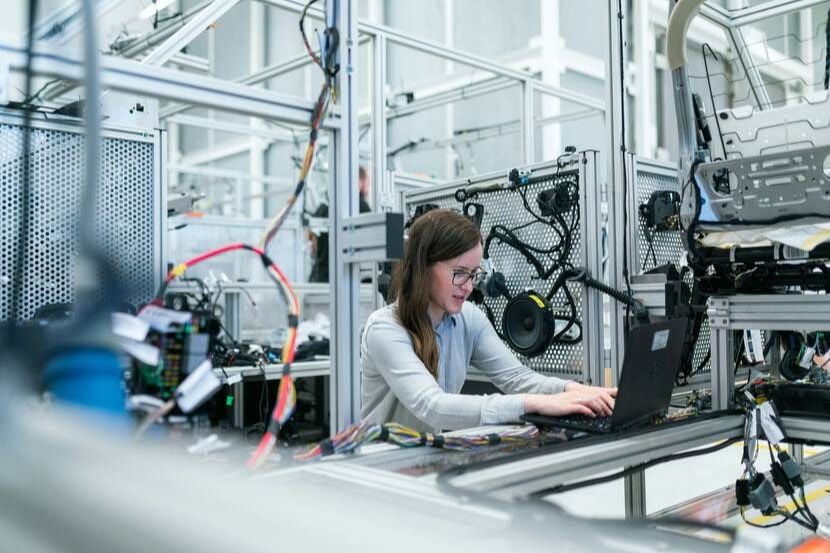The first microscope, submarine, and four-wheel drive system, the Deltawerken flood defenses, the CD, DVD and Blu-Ray, Wi-Fi, and Bluetooth are all ground-breaking Dutch innovations.
For the Netherlands, innovation is essential for both our own society and for our international ambitions for innovation, collaboration, and trade opportunities. Within the Netherlands, we are working on smart technologies to address major societal challenges such as the energy and climate transition, optimal healthcare, and sustainable food chains. Through innovation and with our unique knowledge, we are acting to ensure the security of work and income of the future. Exponential technologies such as smart grids, hydrogen, and additive manufacturing have the potential to drive transformative change and solve some of humanity’s biggest challenges.
Within our program portfolio, we see how technology and know-how are being used as a positive force in realizing sustainable societies and helping to solve some of the world’s most critical challenges. NLWorks aims to contribute by developing international private-public partnerships with innovative partners to accelerate the transition toward this sustainable future. By stimulating bilateral collaboration on innovation between knowledge institutions, companies, and governments we are accelerating the necessary transitions while also opening up markets for Dutch businesses.
For example, the Additive4Industry project has been focusing on innovative collaboration in the field of industrial additive manufacturing (3D printing) between German and Dutch knowledge institutions and companies.
Another great example is ‘The Orchard of the Future’ program. It focuses on future-proofing both our orchards in the Netherlands and in the US. Both countries face the same challenges when it comes to, for instance, a lack of labor availability and pest control processes. Vital Tech solutions developed and adopted in other industries (for instance the automotive industry and the electronics industry) are being used to future-proof orchards. Big data, IOT, and drones using sensor and optical technology are used to accelerate the development and adoption of end-user products like picking robots, precision sprayers, and fruit scanners, among others.
